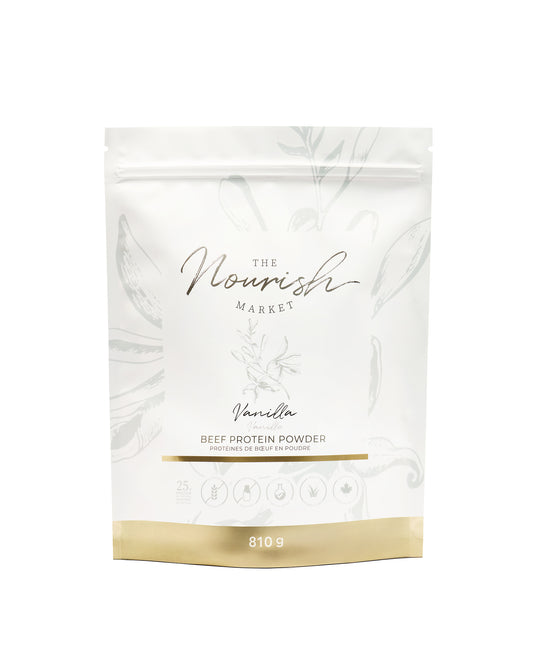Protein powder has become a staple in many health-conscious individuals' diets, offering a convenient way to increase protein intake for muscle recovery, weight management, and overall health. However, not all protein powders are created equal. To make the best choice for your health, you need to know how to read protein powder labels. In this guide, we'll explore the key factors to consider when selecting the best protein powder, including the healthiest options and what to avoid.
- Start with the Basics: Serving Size and Protein Content
The first step in deciphering protein powder labels is to look at the serving size and protein content. Serving sizes can vary, so make sure you're comparing apples to apples. Calculate the protein content per serving to determine how much protein you'll actually get in each scoop. For most people, a protein powder with at least 20 grams of protein per serving is a good benchmark.
- Ingredients List: Seek Transparency
One of the most crucial aspects of choosing the best protein powder is the ingredients list. Look for protein powders with a minimal list of natural ingredients, ideally containing only protein sources and flavorings. Avoid products with long lists of artificial additives, preservatives, or sweeteners like aspartame, sucralose, or high fructose corn syrup.
When searching for the healthiest protein powder, consider options that use natural sweeteners like stevia or monk fruit and avoid those with excessive added sugars.
- Protein Sources: Know Your Options
Protein powders can be made from various sources, including whey, casein, plant-based, and even beef protein. The best protein powder for you depends on your dietary preferences and restrictions. For those seeking the best grass-fed beef protein powder, ensure the label clearly states the source and quality of the beef protein. Grass-fed beef protein is often considered a healthy option due to its higher omega-3 fatty acid content compared to conventionally raised beef.
For plant-based options, check for sources like pea, rice, hemp, or soy protein. Select a protein source that aligns with your dietary goals and any potential allergies or sensitivities.
- Additional Nutrients: Nutritional Value Matters
A healthy protein powder isn't just about protein content; it should also provide additional nutritional value. Look for protein powders fortified with vitamins and minerals, especially if you plan to use them as a meal replacement or post-workout recovery shake. Consider options that offer a wide array of macronutrients and a complete amino acid profile.
- Allergen Warnings: Safety First
If you have food allergies or sensitivities, it's vital to read the label for allergen warnings. Many protein powders contain common allergens like milk, soy, and nuts. Ensure the product is free from any ingredients that may trigger an adverse reaction. If you suffer from any allergies or sensitivities to things like gluten or wheat, consider trying a grass-fed beef sourced protein powder.
- Third-Party Testing: Trustworthy Assurance
To ensure the best quality and safety of your protein powder, choose products that undergo third-party testing for purity and potency. Labels that display seals from organizations like NSF International or Informed-Choice indicate that the product has been rigorously tested for contaminants and banned substances. This can help you trust the product's safety and effectiveness.
- Avoid Deceptive Marketing: Be a Savvy Shopper
Beware of marketing tactics that claim a protein powder is the "best" without credible evidence. Always rely on the label and ingredient list to make an informed decision rather than being swayed by flashy marketing claims.
Conclusion
Selecting the best protein powder for your health and fitness goals requires a discerning eye and careful consideration of the label. Look for a protein powder with a clean ingredient list, a protein source that aligns with your dietary needs, and additional nutritional value. Avoid products with excessive additives and allergens that may not be suitable for your specific dietary restrictions. If you are looking for a healthy protein powder, try our All-Natural Grass-fed Beef Protein Powder. Made from just 5 carefully selected ingredients, it also contains no-sugar, is dairy free, gluten-free and tastes delicious.





